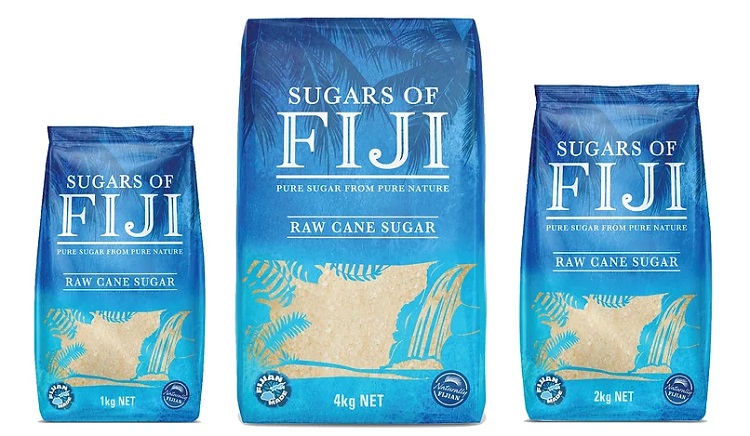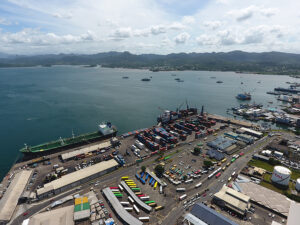Consumers can still buy a kilo of sugar, two or more at the current prices until the Fijian Competition and Consumer Commission decides on the new retail prices to account for the recent increase in Fiji Sugar Corporation’s ex-warehouse selling price.
Effective today, the FCCC has been approved to sell a kilo of sugar at $2.30 (VEP), representing a 64 per cent increase compared to the previous selling price.
Despite the increase in ex-warehouse prices, retailers are still required to sell sugar products within the existing price range set by the FCCC until the new retail prices are set. FCCC’s latest master price list was released two days ago, on 18 January 2022
The FCCC, in their recent statement did not say how long it will take to set the new retail prices or when it will come into effect, but it will depend on how soon retailers send the commission their price submissions.
It is anticipated that the revised retail prices of sugar products will increase.
In the meantime, retailers have been advised against hoarding or refusing to sell their current stocks.
“I would like to caution those unscrupulous traders seeking to exploit Fijians by hoarding, refusing to sell, and profiteering from this price change. Let me be clear, that this price change is effective for FSC and all retailers are required to make submissions to FCCC to obtain their approved retail prices. FCCC will ensure that no trader hoodwinks our people,” FCCC Joel Abraham said in a statement.
The following are the new ex-warehouse prices for sugar:
Item Description Quantity (Kg) New ex-Warehouse Price (VEP)
Sugars of Fiji
1kg – $2.30
2kg – $4.60
4kg – $9.20
25kg – $57.50
FSC’s new prices, the FCCC says are a result of extensive public consultations and exhaustive reviews of FSC’s financials.
“FCCC also considered significant shifts in the world sugar market and the spill over effects of a heavily-subsidized price of sugar on the health and wellbeing of Fijians,” Abraham said.
“It is estimated from FSC’s consumer demand projections that finance raised directly through this price change will benefit Fijian cane growers by up-to FJD $17m annually, which has the potential to further boost the sugar industry.
“We are hopeful that with the right commercial incentives, sugarcane farming will become a more attractive and financially viable venture. Sugar is a commodity of historic importance for Fiji so I want to explain our rationale for this price change carefully. The beneficiaries of this price change are cane farmers who are currently selling high quality sugar cane at an artificially low price in the domestic market. To put it simply: heavily-subsidised sugar prices are bad for the industry, bad for growers, and bad for Fijian’s health. With volatility becoming the only constant in international sugar prices, our cane industry can no longer afford to sideline market solutions to address its challenges,” Abraham said.
Moving forward, FCCC under its performance based regulatory approach will, on a monthly basis, monitor FSC’s financial and operational performance.
Photo: FSC









